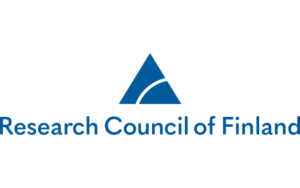Home ⟩ Research ⟩ Research Projects ⟩ MinPhos - Phosphorus From Environmental Waters With the Means of the Latest 3D Printing Technology, Novel Coatings and Recyclable Biomaterials
MinPhos – Phosphorus From Environmental Waters With the Means of the Latest 3D Printing Technology, Novel Coatings and Recyclable Biomaterials
- Project research area
- Circular Economy of Minerals
- Project duration
- 01.09.2023 - 31.08.2027
Introduction

Phosphorous is a centrepiece of the global economy, extracted from phosphate rock – a finite and non-renewable resource recognised by the European Union as a critical raw material. To keep up with the high demand for phosphorous, efforts should be directed to its sustainable management throughout the life cycle and enhancing the use of phosphorous from secondary raw materials. A substantial amount of phosphorus is lost at the beginning, during the mining, beneficiation, and processing of phosphate ores.
The MinPhos project offers an innovative approach for separating and recovering phosphorus from material flows and waste streams and intelligent recycling strategies in line with the circular economy concept. The proposed breakthrough technological solution will be applied for the first time for harvesting phosphorus from waters from phosphogypsum pile areas in a sustainable and economically viable manner. The latest scientific developments drive the project without losing the potential for large-scale application. Thus, the project employs state-of-the-art technologies, 3D printing technology, novel coatings and recyclable biomaterials to achieve the set goal.
The outcome of this project will fill existing gaps in knowledge, research and development and, at the same time, contribute to the circular, resource-efficient economy. This will also support the industry to sustain future operations by meeting requirements brought by environmental legislation.
The Geological Survey of Finland and the University of Easter Finland implement the project.
The project is co-financed by the implementers and the Research Council of Finland.
Project manager: Małgorzata Szlachta
Return to projects